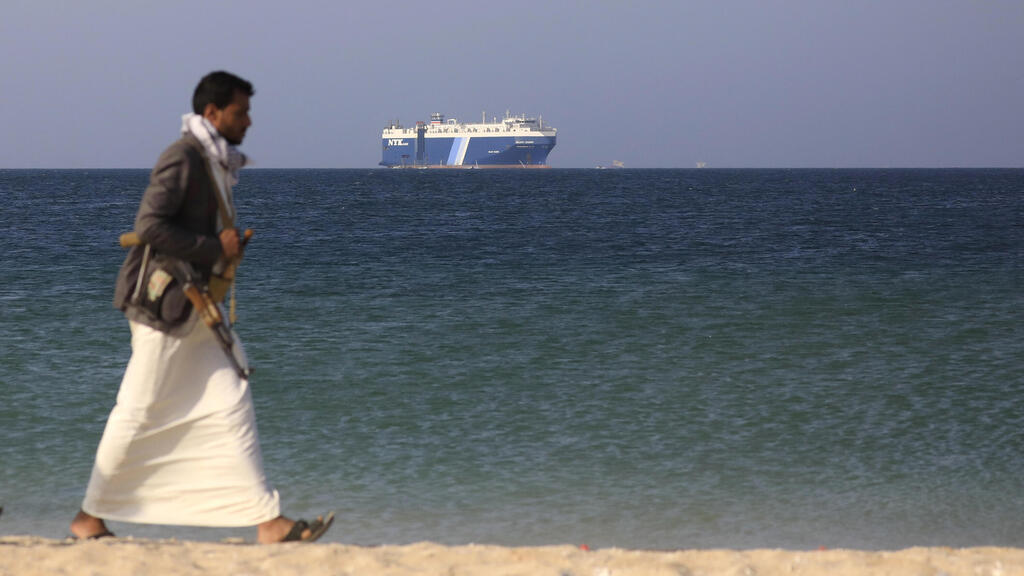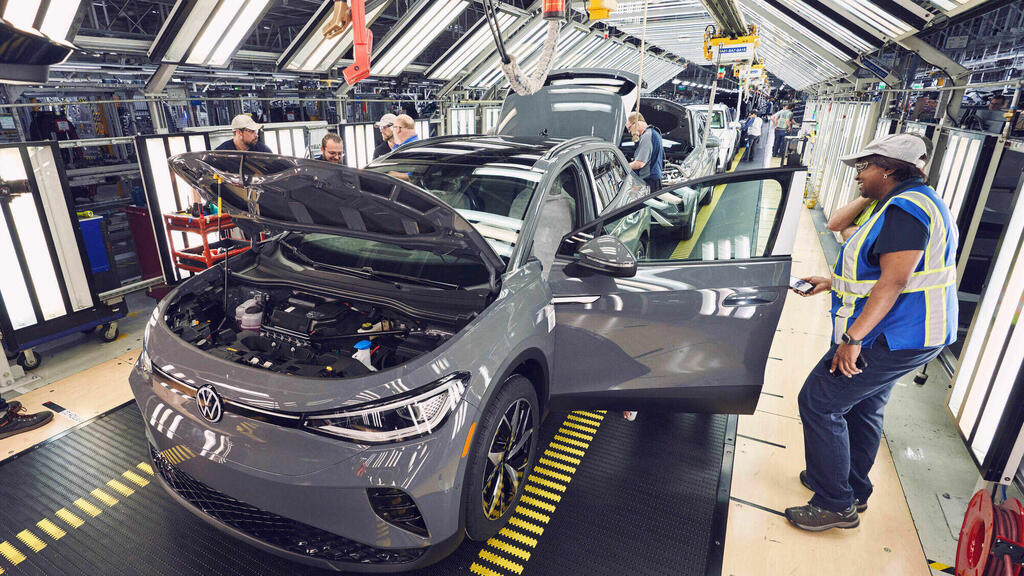The Houthis' threats to the shipping lanes in the Red Sea, with Iranian backing, has forced shipping companies to avoid transiting the Suez Canal and led to a series of delays in the delivery of parts to car factories in Europe – to the point where a number of prominent manufacturers are being forced to shut down their production plants.
Read more:
According to reports in Europe, the alternative sailing route, around the African continent and the Cape of Good Hope, extends the journey to Europe by about 10 days and increases the cost of fuel by $2 million. This is before a future increase in price that is expected due to the overall decrease in the number of sea shipments – since the number of transport ships in the world remains constant, while the longer journey at sea reduces the number of annual shipments.
Some factories have been shut down. The Suzuki factory in Hungary, the only one of the manufacturer on the continent, was closed on Monday for a week, until January 21, due to a delay in engine shipments from Japan. At the Volvo factories in Ghent, Belgium, production will be halted next week for three days due to a delay in gearbox deliveries, while the factory in Gothenburg, Sweden continues to operate as normal.
Tesla, which manufactures the Model Y in Berlin, announced the shutdown of its European factory for a longer period, from January 29 to February 11, due to a delay in the delivery of parts from China - primarily the car batteries.
Bastelantis (Peugeot, Citroen, Opel, Fiat) announced that it has switched to a partial solution of air transport, a move which, according to the manufacturer, "will hardly affect production" - but may well lead to an increase in prices.
Volkswagen, on the other hand, stated that at this stage it continues to work as usual "in close coordination with the shipping companies," and that it "does not expect significant production restrictions."
2 View gallery


Transport ship hijacked by the Houthis in November in the Red Sea
(Photo: EPA/YAHYA ARHAB)
According to estimates in the industry, the maritime transport crisis is expected to continue for many months; this despite the series of attacks carried out by U.S. and British naval forces against Houthi targets. In the future, it is likely that other manufacturers will also be affected by the disruptions in transport, especially when it comes to costs.
If anyone in the West thought that Iranian aggression was only an Israeli problem, the latest attacks by the Houthis on the shipping lanes in the Red Sea make the situation clear: it is a worldwide problem.
In the short term, the car manufacturers and other factories in Europe that rely on the supply of components from the East will be able to absorb the cost and find alternative solutions; In the future, they will already pass on the price increase to the consumers. It's time for someone to sort out the Red Sea.


